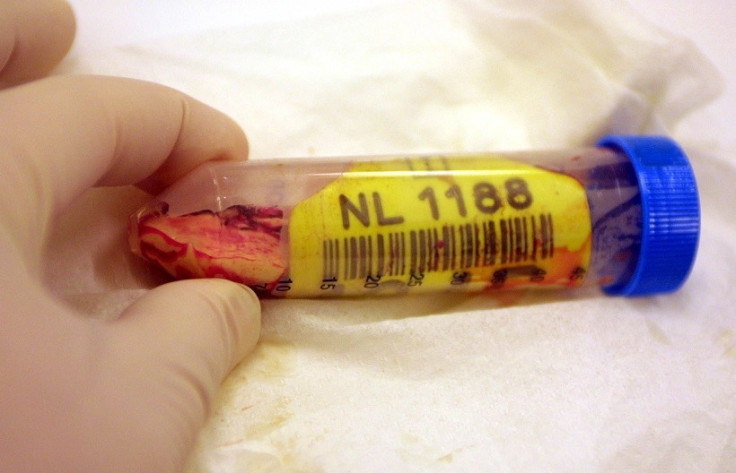British Vegetarian Ritchii Kara Diagnosed with Mad Cow Disease

A committed British vegetarian has been told by doctors that he has the human form of mad cow disease and will die in a few months.
Ritchii Kara, 28, has vowed to live as normal a life as possible for as long as he can while Creutzfeldt-Jakob disease attacks his brain.
The incurable condition is caused by eating meat containing the brains and spinal cords of infected cows. Britain recorded the world's first case of vCJD (variant Creutzfeldt-Jakob disease) infection by blood transfusion in 2004.
Kara, who has shunned meat for the past five years, said that developing the condition was the cruellest of blows.
He has been forced to come to terms with giving up his job in his adopted hometown of Brighton after falling over a number of times because of his condition, which affects balance and coordination among its symptoms. The degenerative disease also affects mobility, speech, vision and memory.
"I put toothpaste in the fridge once but I have no memory of doing it - it's kind of like sleep-walking.
"My memory's bad and so is my coordination and sometimes I can't see.
"I get hallucinations sometimes, which is part disease and part medication."
Five people in Britain died of vCJD in 2011. There were no deaths recorded in 2012.
VCJD is transmitted by a protein called prion which builds up in the brain. Death usually occurs within 12 months of the onset of the disease.
Disturbing images of cattle suffering mad cow's disease during the mid-1990s and a small number of vCJD cases in humans triggered a national health scare. Millions of cows were burned in a bid to wipe out the carriers of the disease.
A recent study estimated that the level of infection in the human population could be as high as one in 4,000. However, there is considerable debate over infection rates and since 2000 the number of cases in Britain have declined.
Kara has moved into the house of a friend who is caring for him. He said the disease has taken the greatest toll on his parents.
"It's harder for my parents because I think they feel quite powerless.
"They said to me, 'We want you to move home and look after you,' but I'm just not ready to stop everything yet.
"If you're just going to sit about and be sad, what's the point in going on anyway?"
© Copyright IBTimes 2025. All rights reserved.




















